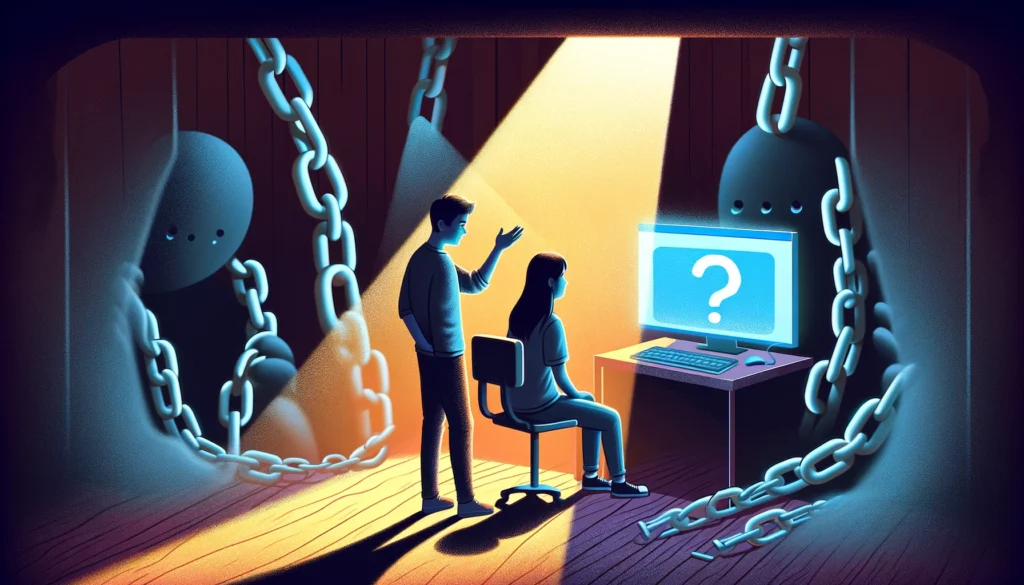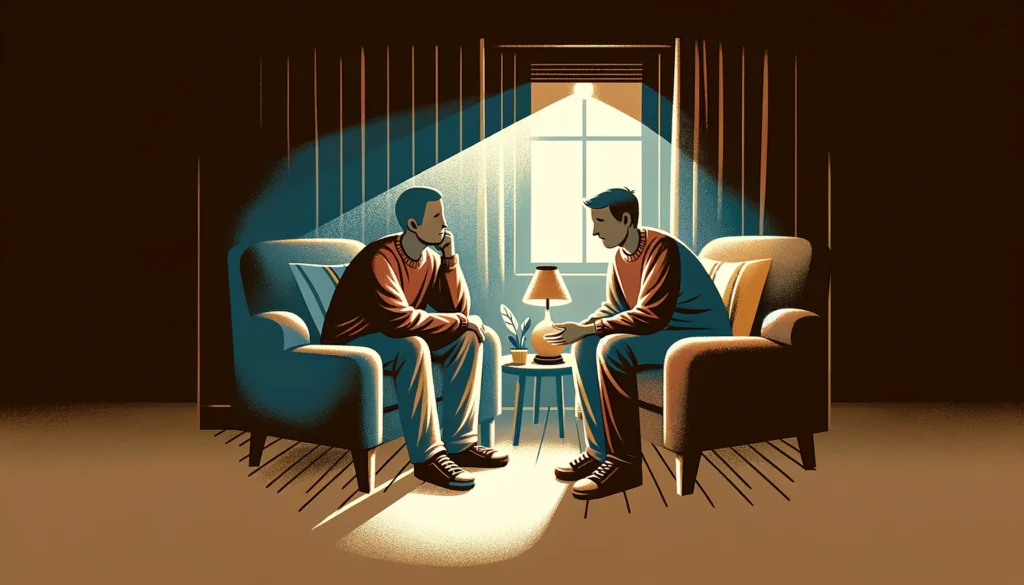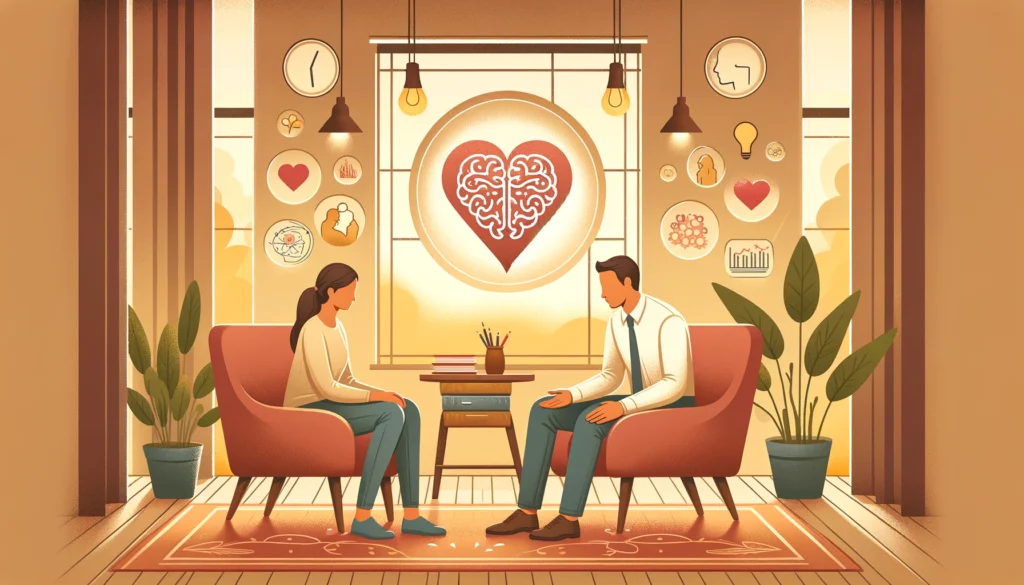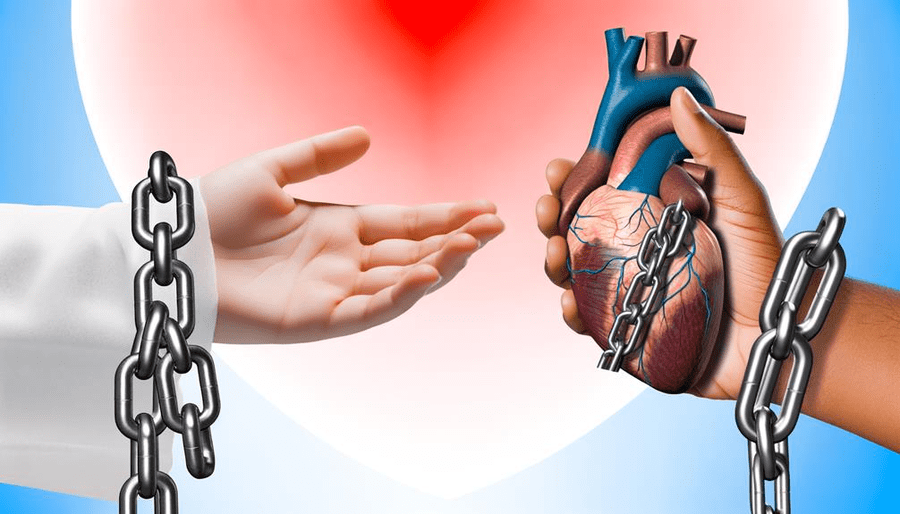It’s quite the coincidence that you’re seeking to understand how to support someone with a porn addiction, as this challenge has silently grown more common in today’s digital age. As you’re navigating this delicate terrain, it’s essential to arm yourself with the knowledge and empathy needed to offer meaningful support. You’ll find that educating yourself on the nature of porn addiction, recognizing the signs, and learning how to initiate a conversation about it are foundational steps. Moreover, understanding the importance of professional help, encouraging healthy habits, and building a robust support network are crucial. By fostering an environment of empathy and honesty, while setting healthy boundaries, you can make a significant difference in someone’s journey towards recovery. Now, let’s explore the nuanced strategies that can empower you to be an effective ally, ensuring you’re prepared to offer the support that can pave the way for healing and recovery.
Understanding Porn Addiction

While it’s not officially classified as a mental health disorder, understanding porn addiction is crucial, as it involves compulsive consumption that significantly disrupts daily life and relationships. Recognizing porn addiction as the compulsive use of pornography with harmful consequences is the first step toward addressing its effects. It’s essential to acknowledge that the impact of porn addiction is real, requiring attention, empathy, and effective support strategies.
The journey to overcoming porn addiction begins with an understanding of the underlying causes. This insight is vital for developing healthy coping mechanisms that can aid in recovery. Individuals grappling with this challenge come from all walks of life, highlighting the need for a compassionate approach to help for porn addiction. Addiction treatment options are available, and they play a critical role in the recovery process.
Support strategies tailored to the individual’s needs can significantly enhance the chances of recovery from porn addiction. As someone looking to provide help, your role in offering guidance, understanding, and resources can be instrumental in their journey towards mental health and well-being. Remember, overcoming porn addiction is possible with the right support and treatment strategies.
Recognizing the Signs

Having gained an understanding of porn addiction’s underlying causes, it’s crucial to recognize the signs that may indicate someone is struggling with this issue. Recognizing these signs is the first step towards offering support and helping them on their path to recovery. It’s important to approach this topic with empathy, maintaining a balance between professional analysis and genuine concern for their mental health.
| Sign | Description | Implication |
| Excessive Viewing | Spending a large portion of time watching porn | Indicates possible addiction |
| Neglecting Responsibilities | Ignoring personal and professional duties | Suggests addiction’s interference |
| Failed Attempts to Quit | Repeatedly trying and failing to stop viewing | Signals compulsive behavior |
| Seeking Extreme Content | Gradually escalating to more explicit material | May reveal deepening addiction |
If you notice these signs, it’s essential to approach the subject with sensitivity. Offering help and support, rather than judgment, can encourage the individual to open up about their struggles. Remember, recognizing the signs of porn addiction is a critical step in supporting someone towards their recovery and improving their overall mental health.
Initiating the Conversation

Once you’ve recognized the signs of porn addiction in someone you care about, it’s crucial to approach the topic of conversation with care and readiness to support them. Choosing a private and comfortable time and place is essential for initiating the conversation. This setting ensures that both you and your loved one can speak openly without fear of judgment or interruption.
When you express your concerns, it’s vital to be non-judgmental and supportive. Use “I statements” to convey how you feel and what you’ve noticed, rather than making accusations. This approach minimizes defensiveness and opens the door for honest dialogue. For example, saying “I’ve noticed you seem withdrawn and I’m worried about you,” can be more effective than accusing statements.
Actively listening and showing empathy are key. Encourage the person to share their feelings and experiences, validating their struggles without condoning the harmful behavior. Avoid using blaming or shaming language, as this can lead to further withdrawal and resistance to help.
Lastly, offer resources and support, such as therapy or support groups. This demonstrates your commitment to helping them find professional assistance and underscores that they’re not alone in their journey to overcome porn addiction. Your approach to helping someone struggling with porn addiction can make a significant difference in their willingness to seek and accept help.
Professional Help and Therapy

Seeking professional help and therapy can be a crucial step in overcoming porn addiction, offering tailored strategies and support for a healthier path forward. When you’re looking for effective treatment, here are some key options to consider:
- Cognitive-Behavioral Therapy (CBT): This approach helps identify and change negative thought patterns and behaviors related to porn use.
- Certified Sex Addiction Therapists: Specialized support and guidance are available from professionals trained in the treatment of porn addiction.
- Group Therapy and Support Groups: Joining a group like Sex Addicts Anonymous (SAA) can provide peer support and accountability.
- Family Therapy: To mend the rifts addiction might have caused in relationships, this therapy focuses on fostering healthy communication among family members.
It’s important to remember that therapy help from addiction counselors and mental health professionals is not a one-size-fits-all solution. Each person’s journey is unique, and what works for one individual might not work for another. However, by seeking professional help, you’re taking a significant step toward recovery. Whether it’s through individual therapy, group sessions, or even inpatient care for severe cases, the right support can make all the difference in overcoming porn addiction.
Encouraging Healthy Habits

While professional help and therapy lay a solid foundation for overcoming porn addiction, it’s equally important to focus on cultivating healthy habits that support long-term recovery and well-being. Encouraging healthy habits forms a crucial part of support strategies, offering tangible lifestyle changes that reinforce the journey to better sexual health and overall wellness.
Regular physical exercise stands out as a pivotal tool, not just for its physical benefits, but also for its ability to divert attention from the lure of pornography. Engaging in sports or any form of physical activity can provide a healthy outlet for stress and anxiety, reducing the temptation to revert to old patterns.
Pursuing hobbies and activities that enrich mental and emotional health is another vital aspect. These activities can foster a sense of achievement and fulfillment, filling the void that porn addiction may have left. Developing a consistent daily routine minimizes idle time, thereby limiting opportunities for relapse.
Healthy sleep patterns and good sleep hygiene contribute significantly to emotional stability and resilience against triggers. Moreover, encouraging social activities and the building of strong interpersonal connections can provide the emotional support and accountability necessary to overcome porn addiction. Together, these habits form a comprehensive approach to developing healthy coping mechanisms and facilitating meaningful recovery.
Building a Support Network

Building a supportive network is crucial in navigating the complex journey of overcoming porn addiction. This network not only offers emotional support but also helps individuals develop greater self-awareness and adopt healthy habits. Here are key strategies to build a robust support system:
- Involve family and friends to create a supportive environment for individuals battling addiction. They can offer a safe space for open discussions and emotional support.
- Join support groups for individuals facing similar challenges. These groups provide a unique opportunity to connect with others, share experiences, and learn from each other.
- Utilize technology tools such as online forums and support resources. Online support can bridge geographical gaps, allowing individuals to seek help and connect with others anytime, anywhere.
- Seek professional help from therapists and addiction specialists. They can guide individuals through treatment options and recovery programs, tailoring support to each person’s needs.
A comprehensive support network can significantly impact the recovery process, offering both practical advice and a sense of community. Encouraging participation in recovery programs and utilizing both in-person and online resources can empower individuals on their path to recovery.
